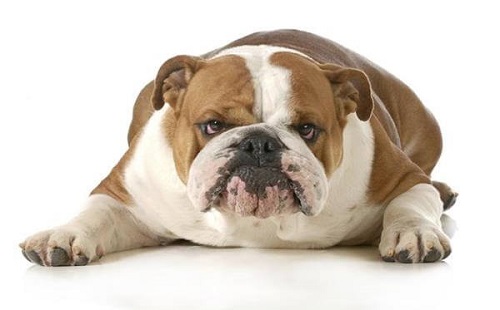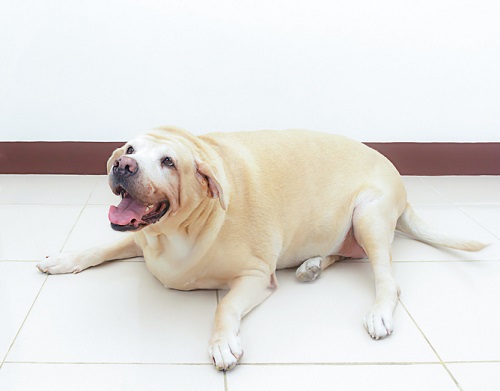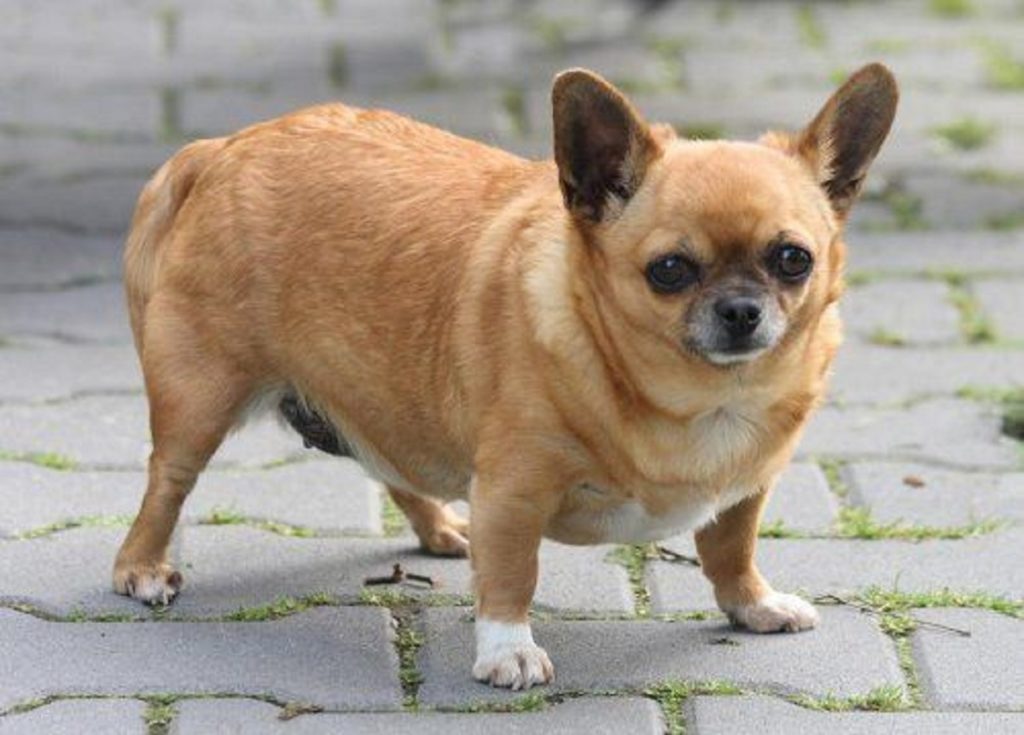Did you know that over half the dogs in the U.S. are overweight? While you are probably well aware of the health risks associated with obesity in humans, you can often overlook this crucial part of keeping your pup healthy. Part of the issue is that it can be difficult to know how to tell if your dog is overweight. In fact, one study has shown that nearly half of the owners of overweight dogs don’t even know that their pup is suffering from obesity or excess weight. In this article, you will find helpful tips on how to know whether your pup is at a healthy weight or not. If you are wondering “how do I tell if my dog is overweight?”, read on!
Why It Matters
You might be thinking “so my dog’s a little fat, what’s the big deal”? Many owners neglect to identify their dog’s weight problems because they don’t see the excess fat as an issue. In fact, overweight dogs are at much higher risk to develop a number of very serious health issues. It is extremely important to know your dog’s healthy weight and work to maintain it in order to avoid these issues.
Among the issues caused by obesity in dogs are canine heart disease, increased blood pressure, difficulty breathing, decreased stamina, heat intolerance, decreased liver function, increased surgical and anesthetic risk, reproductive issues, decreased immune function, increased risk of cancer, skin and coat issues, and decreased quality and length of life. Before you begin feeling too guilty for not keeping a close eye on your furry friend’s weight, however, below you will discover tips on how to tell if your dog is overweight.
Signs Your Dog is Overweight
Use these tricks to determine whether or not your pup is at a healthy weight. In addition to these pointers, you can google “how to tell if your dog is overweight chart” to find general guidelines for healthy weights of different breeds.
Check The Ribs

When your dog is a healthy weight, you should be able to feel his ribs relatively easily by lightly patting with your fingers. A thin layer of muscle and fat should be covering them. If you can’t find his ribs unless you are using force to push through fat, bad news – your pup is likely overweight.
Trouble With Self-Care
We all know our dogs love to groom themselves through licking and scratching. If you notice that your pup is having trouble accessing his body this way, it is likely because there are large fat deposits impeding his movement. Check that this is the case and that it’s not a mobility issue caused by joint or muscular problems, and get him out for some exercise if fat is the culprit!
Visible Body Parts
While different breeds and ages of dog have different body shapes, your dog should have some amount of definition. Visibly, you should be able to identify a clear chest, stomach, and waist. If the lines are blurred by fat, you guessed it – it’s diet time.
Breathing Issues
Not only is trouble breathing a serious health concern for overweight dogs, it’s also a tell-tale sign that your pup needs to shed some pounds. Excessive panting – particularly when it’s not hot – is likely a sign of obesity. Additionally, if your furry friend starts panting after an easy stroll around the block, this could mean he is out of shape and needs to lose weight. Of course, different breeds and specific dogs will tire at different times; but in general, dogs have excellent stamina and healthy pups should be able to outlast you on the trails.
Digestive Disorders

Overweight pups have an increased risk for canine constipation and other digestive issues. One particularly noticeable sign would be foul-smelling flatulence – to which fat dogs have a tendency to be much more prone. Constipation and gas are uncomfortable for both owner and dog, and these signs that your dog is overweight are also key reasons to help him back to where he needs to be on the scale.
Skin and Coat Problems
Many studies have shown a correlation between overweight dogs and issues with their skin and coat. If you notice your dog’s coat is extra oily, or his skin has frequent infections, these could be caused by excess fat on his body. If you suspect your dog is overweight, always contact a veterinarian for advice on how to get him back to a healthy state.




